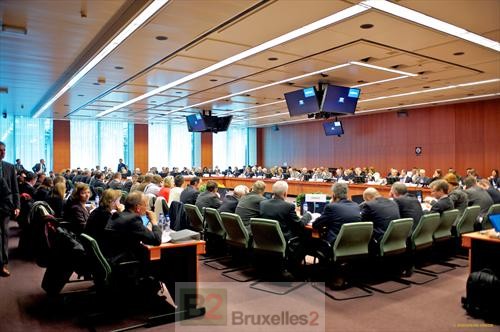Atalanta: why is it difficult to integrate non-EU boats?
(B2) Why not integrate into the European armada "Atalanta" Russian, American, Indian warships...? It would be logical. These boats pursue the same goal: to fight against piracy. But it's not that simple...
1° The Europeans evolve, in fact, under a common mandate - the Joint Action - and very precise rules defined in an operational scheme - Conops, Operation Plan, Rules of Engagement... A third State which wants to participate must accept this whole set of rules.
2° The State must agree to place its resources under European command for a fixed, well-defined period. Clearly, once under European mandate, the national State no longer has any direct power of command over the resources thus committed. Moreover, most of the EU states (France, Germany, United Kingdom) participating in the operation do not plan to put all their means in the area at the disposal of the Atalanta command.
3° Finally, there is a major political and legal problem. Operation Atalanta is not a military operation like any other. But more of a police operation, with all its ins and outs: deterrence, protection, arrest. And the EU is governed by several rule of law principles. The Joint Action has moreover clearly specified that it was not possible to transfer arrested prisoners to countries which do not respect the fundamental principles of human rights (guarantee of the rights of the defence, functioning of justice and... absence of the death penalty). And the death penalty is still in force in several of the third countries present in the area, such as the United States and India. With these countries, "coordination" is therefore more appropriate than integration.
Let us note in passing the hypocrisy of certain European States - such as Germany - which have only a limited possibility of arrest - of discarding themselves on other forces - Americans for example -, because it amounts to not respecting the commonly defined principle.
(NGV)
NB: The Cyprus-Turkish question also continues to poison NATO-EU relations. This complicates the association of certain countries such as Turkey or Norway, members of NATO and not members of the EU.
